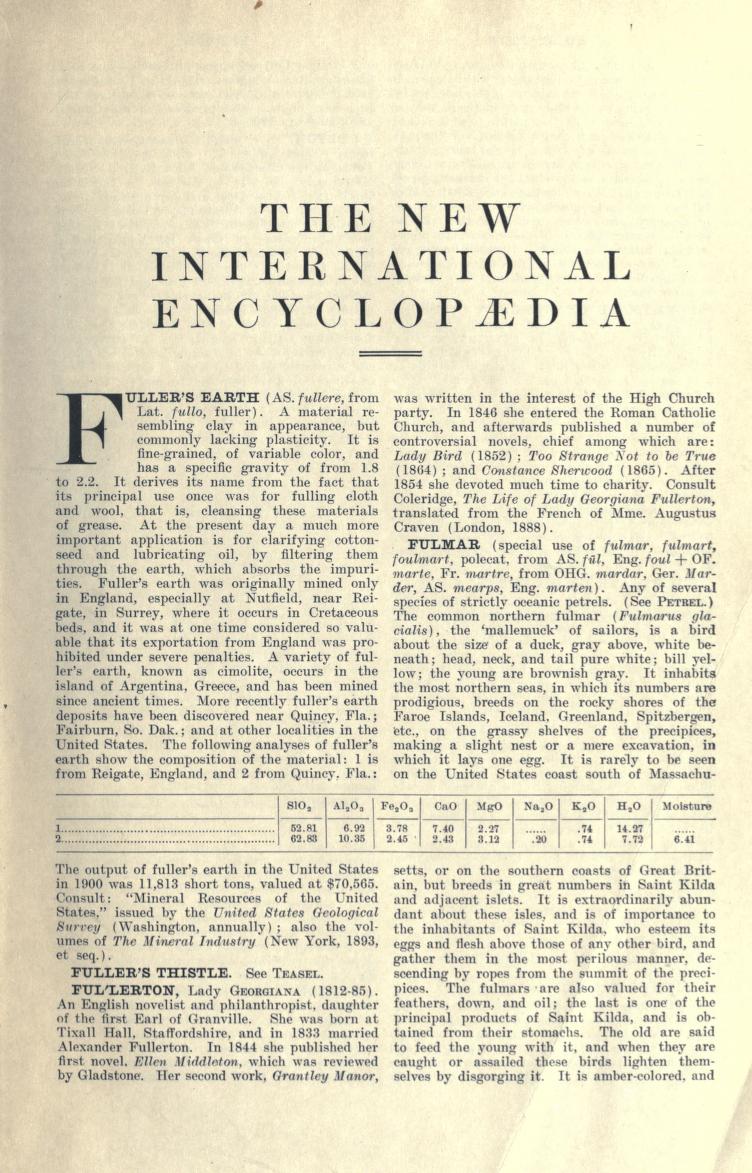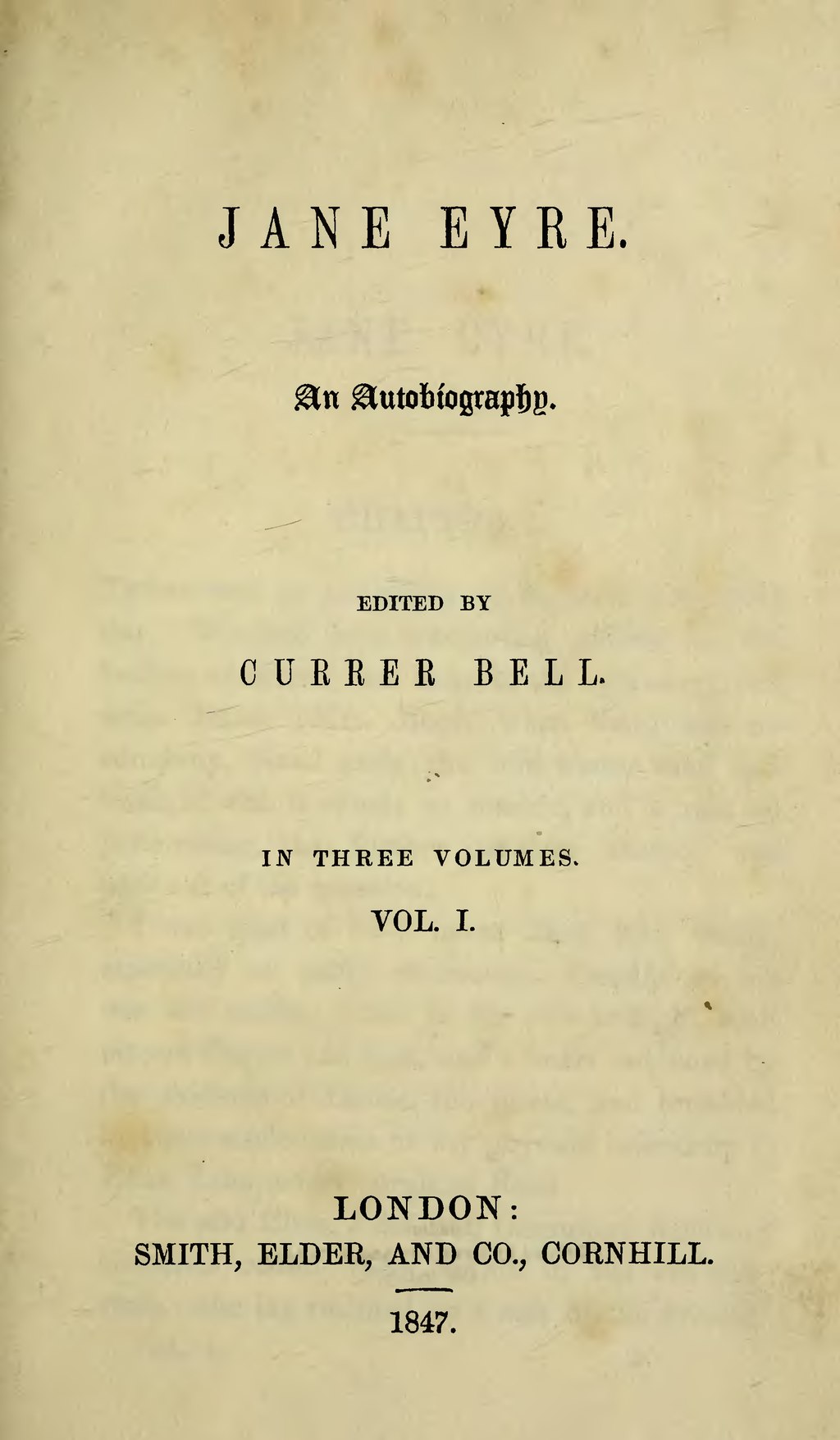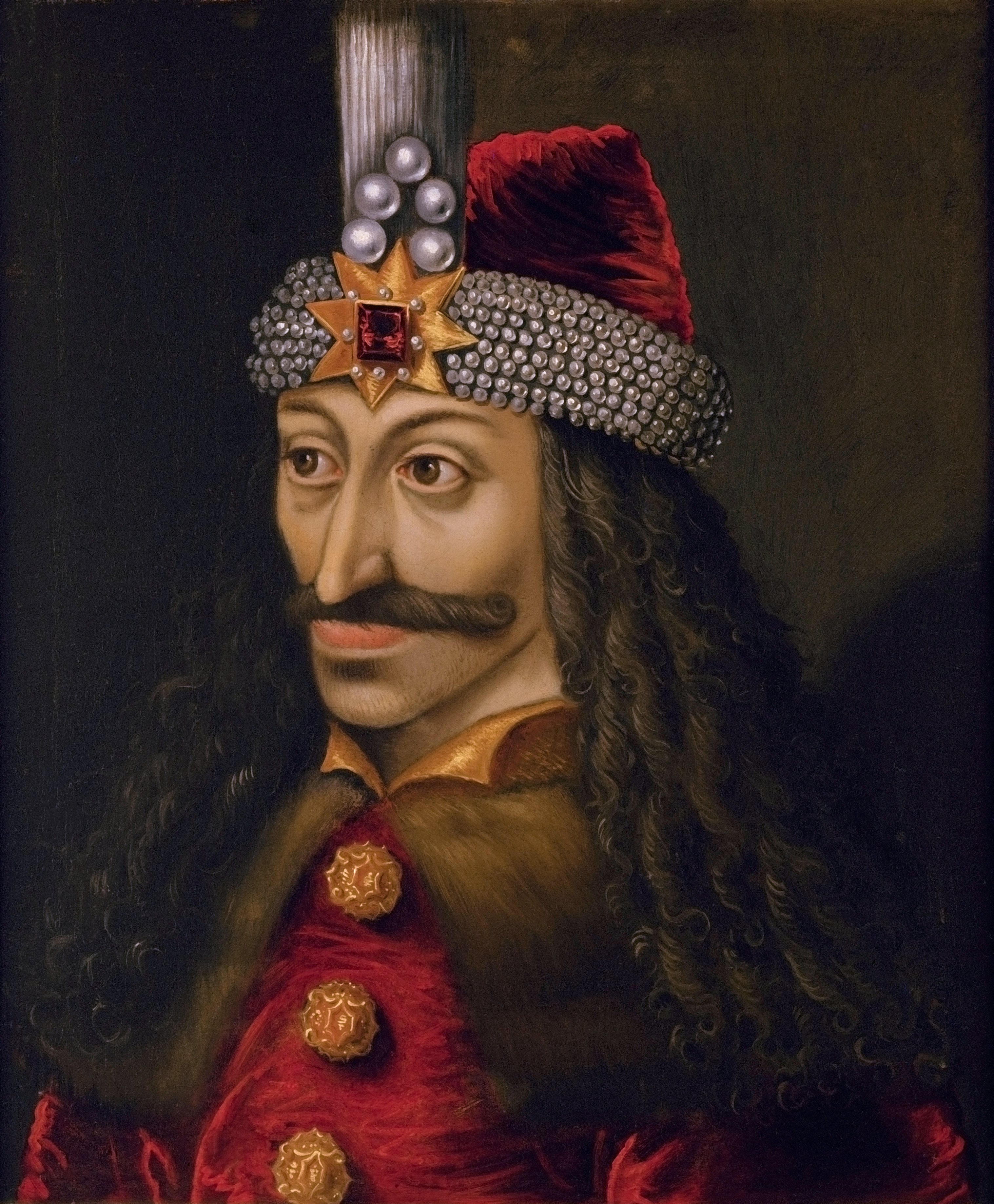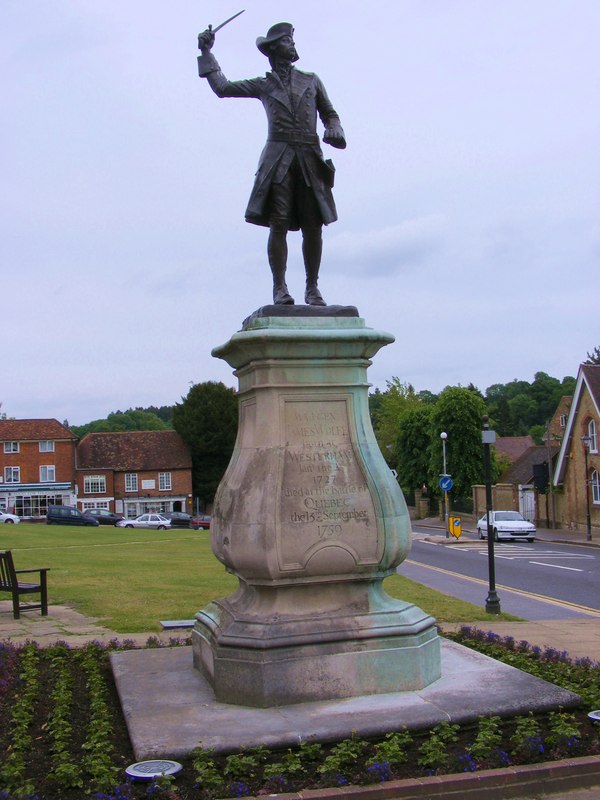|
Sir Gilbert Parker
Sir Horatio Gilbert George Parker, 1st Baronet (23 November 1862 – 6 September 1932), known as Gilbert Parker, Canadian novelist and British politician, was born at Camden East, Addington, Ontario, the son of Captain Joseph Parker, R.A. Education and employment He was educated as a teacher in Ottawa and taught at Marsh Hill and Bayside schools in Hastings County before becoming a teacher at the Ontario Institute for the Deaf and Dumb (in Belleville, Ontario) in 1882. From there he went on to lecture at Trinity College. In 1886, he went to Australia, and for a while became associate editor of the ''Sydney Morning Herald''. He also traveled extensively in the Pacific, Europe, Asia, Egypt, the South Sea Islands and subsequently in northern Canada. In the early nineties he began to gain a growing reputation in London as a writer of romantic fiction. Published works Novels The best of his novels are those in which he first took for his subject the history and life of the Fren ... [...More Info...] [...Related Items...] OR: [Wikipedia] [Google] [Baidu] |
The Right Honourable
''The Right Honourable'' ( abbreviation: ''Rt Hon.'' or variations) is an honorific style traditionally applied to certain persons and collective bodies in the United Kingdom, the former British Empire and the Commonwealth of Nations. The term is predominantly used today as a style associated with the holding of certain senior public offices in the United Kingdom, Canada, New Zealand, and to a lesser extent, Australia. ''Right'' in this context is an adverb meaning 'very' or 'fully'. Grammatically, ''The Right Honourable'' is an adjectival phrase which gives information about a person. As such, it is not considered correct to apply it in direct address, nor to use it on its own as a title in place of a name; but rather it is used in the third person along with a name or noun to be modified. ''Right'' may be abbreviated to ''Rt'', and ''Honourable'' to ''Hon.'', or both. ''The'' is sometimes dropped in written abbreviated form, but is always pronounced. Countries with common or ... [...More Info...] [...Related Items...] OR: [Wikipedia] [Google] [Baidu] |
Belleville, Ontario
Belleville is a city in Ontario, Canada situated on the eastern end of Lake Ontario, located at the mouth of the Moira River and on the Bay of Quinte. Belleville is between Ottawa and Toronto, along the Quebec City-Windsor Corridor. Its population as of the Canada 2016 Census, 2016 census was 50,716 (census agglomeration population 103,472). It is the seat of Hastings County, but politically Independent city, independent of it, and is the centre of the Bay of Quinte Region. History The city is situated on the traditional territory of the Wyandot people, Wendat, Anishinaabe, Anishnaabeg, and Haudenosaunee peoples. The historic Anishinaabe (Mississaugas) village, known as ''Asukhknosk'' in the 18th century, was part of land purchased by the Crown to use for the resettlement of United Empire Loyalists who were forced to leave the Thirteen Colonies in North America, after the United States achieved independence. The settlement was first called Singleton's Creek after an early sett ... [...More Info...] [...Related Items...] OR: [Wikipedia] [Google] [Baidu] |
Oh, Soft Was The Song
''Oh, soft was the song'' is a song with words by Gilbert Parker set to music by the English composer Edward Elgar in 1910, as his Op. 59, No. 3. It is the second and last verse of a poem ''At Sea'' which Parker published in Volume I of a series of poems called ''Embers''. The Opus 59 songs were part of a song-cycle of six romantic songs by Parker that was never completed – Nos 1, 2 and 4 were never composed. The other songs were '' Was it some Golden Star?'' and ''Twilight''. The songs were originally written with piano accompaniment, but this was later re-scored by the composer for full orchestra. The songs were composed between December 1909 and January 1910, and published by Novello's in 1910. Elgar's friend Edward Speyer sent him as a Christmas present some music scores of Beethoven String Quartets, and when Elgar thanked Speyer he added to his letter a quotation from Beethoven's Op.59 No.3. The first performance was by Muriel Foster at the Jaeger Memorial ConcertElg ... [...More Info...] [...Related Items...] OR: [Wikipedia] [Google] [Baidu] |
Edward Elgar
Sir Edward William Elgar, 1st Baronet, (; 2 June 1857 – 23 February 1934) was an English composer, many of whose works have entered the British and international classical concert repertoire. Among his best-known compositions are orchestral works including the ''Enigma Variations'', the ''Pomp and Circumstance Marches'', concertos for Violin Concerto (Elgar), violin and Cello Concerto (Elgar), cello, and two symphony, symphonies. He also composed choral works, including ''The Dream of Gerontius'', chamber music and songs. He was appointed Master of the King's Musick in 1924. Although Elgar is often regarded as a typically English composer, most of his musical influences were not from England but from continental Europe. He felt himself to be an outsider, not only musically, but socially. In musical circles dominated by academics, he was a self-taught composer; in Protestant Britain, his Roman Catholicism was regarded with suspicion in some quarters; and in the class-consci ... [...More Info...] [...Related Items...] OR: [Wikipedia] [Google] [Baidu] |
New International Encyclopedia
''The New International Encyclopedia'' was an American encyclopedia first published in 1902 by Dodd, Mead and Company. It descended from the ''International Cyclopaedia'' (1884) and was updated in 1906, 1914 and 1926. History ''The New International Encyclopedia'' was the successor of the ''International Cyclopaedia'' (1884). Initially, ''The International Cyclopaedia'' was largely a reprint of Alden's ''Library of Universal Knowledge'', which was a reprint of the British ''Chambers's Encyclopaedia''. The title was changed to ''The New International Encyclopedia'' in 1902, with editors Harry Thurston Peck, Daniel Coit Gilman, and Frank Moore Colby. The encyclopedia was popular and reprints were made in 1904, 1905, 1907 (corrected and expanded to 20 volumes), 1909 and 1911. The 2nd edition appeared from 1914 to 1917 in 24 volumes. With Peck and Gilman deceased, Colby was joined by a new editor, Talcott Williams. This edition was set up from new type and thoroughly revised. It ... [...More Info...] [...Related Items...] OR: [Wikipedia] [Google] [Baidu] |
List Of Bestselling Novels In The United States
This is a list of lists of bestselling novels in the United States as determined by ''Publishers Weekly''. The list features the most popular novels of each year from 1895 through 2010. The standards set for inclusion in the lists – which, for example, led to the exclusion of the novels in the ''Harry Potter'' series from the lists for the 1990s and 2000s – are currently unknown. For many years, the list was maintained by Alice Payne Hackett, who also published a decennial series which summarized and commented on the best sellers of the previous decade. Her ''Seventy Years of Bestsellers 1895–1965'' was published in 1970. ''The Palm Beach Post'', April 12, 1970 See also *[...More Info...] [...Related Items...] OR: [Wikipedia] [Google] [Baidu] |
The Battle Of The Strong
''The Battle of the Strong'' is an 1898 novel by Gilbert Parker. It was first published in serial format in ''The Atlantic Monthly'' starting in January 1898,The Battle of the Strong (first part) '''' (Vol. 81, Issue 483, pp. 29-41) (January 1898) and as a single volume late in the same year. It was ranked as the tenth-highest best selling book overall in the United States for 1898, Hackett, Alice Payne [...More Info...] [...Related Items...] OR: [Wikipedia] [Google] [Baidu] |
The Turn Of The Screw
''The Turn of the Screw'' is an 1898 horror novella by Henry James which first appeared in serial format in ''Collier's Weekly'' (January 27 – April 16, 1898). In October 1898, it was collected in ''The Two Magics'', published by Macmillan in New York City and Heinemann in London. The novella follows a governess who, caring for two children at a remote estate, becomes convinced that the grounds are haunted. ''The Turn of the Screw'' is considered a work of both Gothic and horror fiction. In the century following its publication, critical analysis of the novella has undergone several major transformations. Initial reviews regarded it only as a frightening ghost story, but, in the 1930s, some critics suggested that the supernatural elements were figments of the governess' imagination. In the early 1970s, the influence of structuralism resulted in an acknowledgement that the text's ambiguity was its key feature. Later approaches incorporated Marxist and feminist thinking. T ... [...More Info...] [...Related Items...] OR: [Wikipedia] [Google] [Baidu] |
Dracula
''Dracula'' is a novel by Bram Stoker, published in 1897. As an epistolary novel, the narrative is related through letters, diary entries, and newspaper articles. It has no single protagonist, but opens with solicitor Jonathan Harker taking a business trip to stay at the castle of a Transylvanian nobleman, Count Dracula. Harker escapes the castle after discovering that Dracula is a vampire, and the Count moves to England and plagues the seaside town of Whitby. A small group, led by Abraham Van Helsing, hunt Dracula and, in the end, kill him. ''Dracula'' was mostly written in the 1890s. Stoker produced over a hundred pages of notes for the novel, drawing extensively from Transylvanian folklore and history. Some scholars have suggested that the character of Dracula was inspired by historical figures like the Wallachian prince Vlad the Impaler or the countess Elizabeth Báthory, but there is widespread disagreement. Stoker's notes mention neither figure. He found the name ''D ... [...More Info...] [...Related Items...] OR: [Wikipedia] [Google] [Baidu] |
The Lane That Had No Turning, And Other Tales Concerning The People Of Pontiac
''The Lane that Had No Turning, and Other Tales Concerning the People of Pontiac'' is a collection of short stories by Gilbert Parker, published in 1900 by Doubleday, Page & Co. and also that same year by Heinemann in London and by the Canadian publisher George N. Morang in Toronto. The first four stories in the collection (including the title story) had been published previously in ''The Illustrated London News''. Parker dedicated the book to Canadian prime minister Sir Wilfrid Laurier Sir Henri Charles Wilfrid Laurier, ( ; ; November 20, 1841 – February 17, 1919) was a Canadian lawyer, statesman, and politician who served as the seventh prime minister of Canada from 1896 to 1911. The first French Canadian prime minist ..., declaring his "sincere sympathy with French life and character, as exhibited in the democratic yet monarchial province of Quebec." The book served as the basis for a silent film of the same title, released in 1922. The following stories are includ ... [...More Info...] [...Related Items...] OR: [Wikipedia] [Google] [Baidu] |
Marquis De Montcalm
Louis-Joseph de Montcalm-Grozon, Marquis de Montcalm de Saint-Veran (28 February 1712 – 14 September 1759) was a French soldier best known as the commander of the forces in North America during the Seven Years' War (whose North American theatre is also referred to as the French and Indian War). Montcalm was born near Nîmes in France to a noble family, and entered military service early in life. He saw service in the War of the Polish Succession and the War of the Austrian Succession, where his distinguished service led to promotion to brigadier general. In 1756 King Louis XV sent him to New France to lead its defence against the British in the Seven Years' War. Montcalm met with notable successes in 1756, 1757 and 1758, but British mobilisation of large numbers of troops against New France led to military setbacks in 1758 and 1759 (when, in January, he was promoted to lieutenant general), culminating in Montcalm's death at the Battle of the Plains of Abraham. Montcalm's s ... [...More Info...] [...Related Items...] OR: [Wikipedia] [Google] [Baidu] |
James Wolfe
James Wolfe (2 January 1727 – 13 September 1759) was a British Army officer known for his training reforms and, as a Major-general (United Kingdom), major general, remembered chiefly for his victory in 1759 over the Kingdom of France, French at the Battle of the Plains of Abraham in Quebec. The son of a distinguished general, Edward Wolfe, he received his first commission at a young age and saw extensive service in Europe during the War of the Austrian Succession. His service in Flanders and in Scotland, where he took part in the suppression of the Jacobite Rebellion (1745), Jacobite Rebellion, brought him to the attention of his superiors. The advancement of his career was halted by the Treaty of Aix-la-Chapelle (1748), Peace Treaty of 1748 and he spent much of the next eight years on garrison duty in the Scottish Highlands. Already a brigade major at the age of 18, he was a lieutenant-colonel by 23. The outbreak of the Seven Years' War in 1756 offered Wolfe fresh opportun ... [...More Info...] [...Related Items...] OR: [Wikipedia] [Google] [Baidu] |

_(cropped).jpg)
.jpg)




